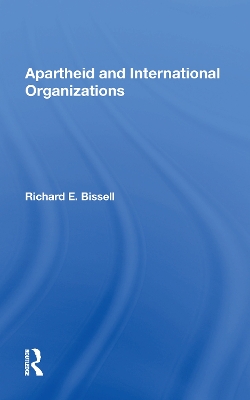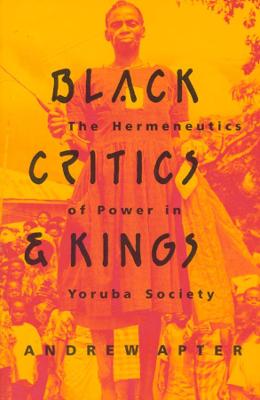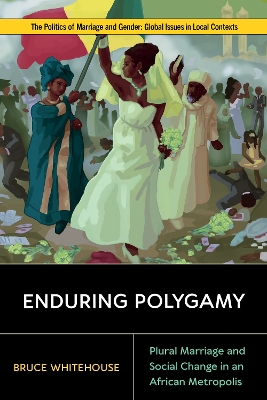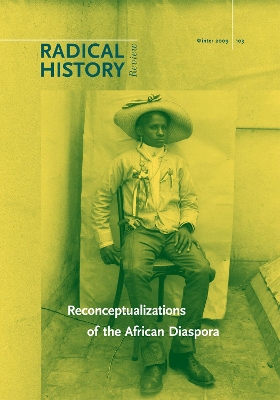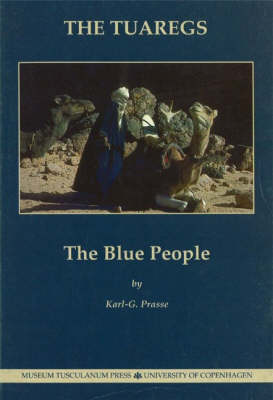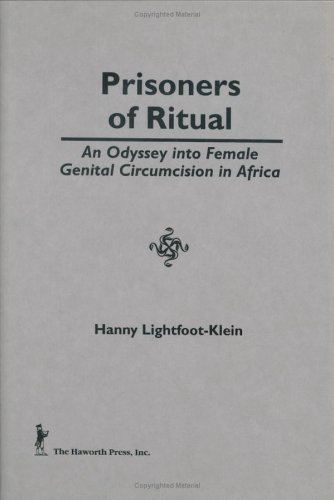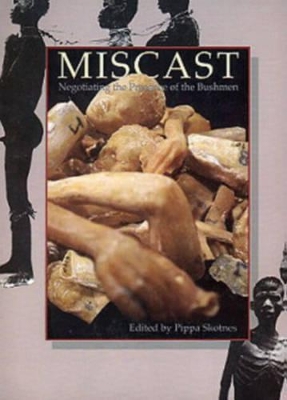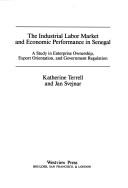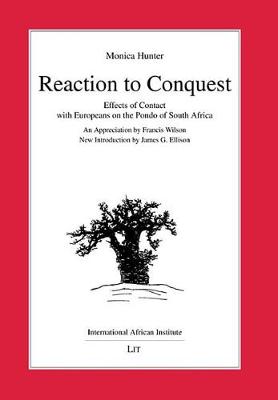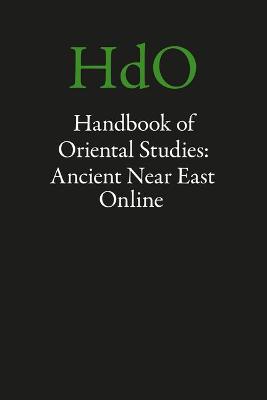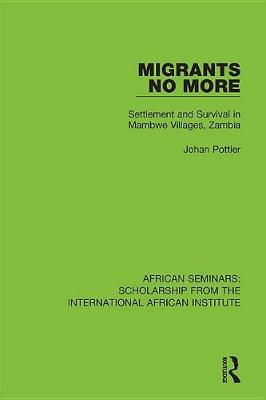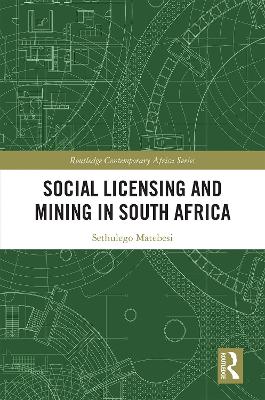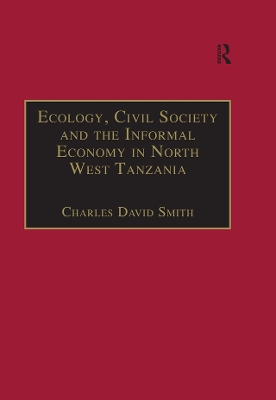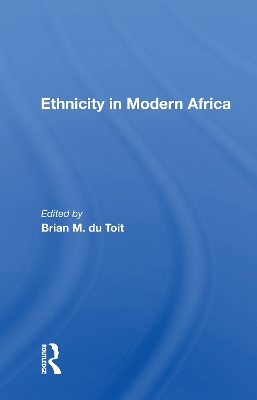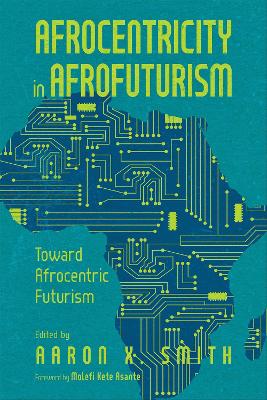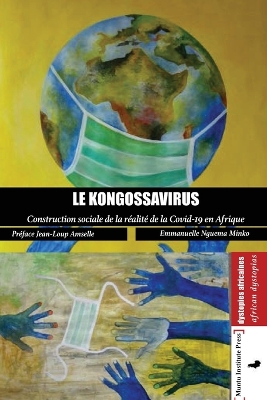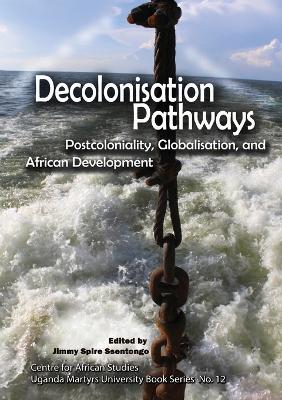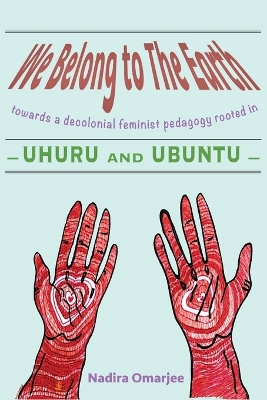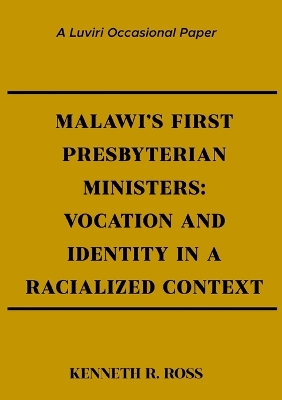The historical controversy over South Africa's policy of apartheid has not been without effect on that country's participation and status in the international system. The black African states have been particularly inclined to use the public forums of intergovernmental organizations such as the United Nations and the specialized agencies to press f
How can we account for the power of ritual? This is the guiding question of Black Critics and Kings, which examines how Yoruba forms of ritual and knowledge shape politics, history, and resistance against the state. Focusing on "deep" knowledge in Yoruba cosmology as an interpretive space for configuring difference, Andrew Apter analyzes ritual empowerment as an essentially critical practice, one that revises authoritative discourses of space, time, gender, and sovereignty to promote political—-...
Enduring Polygamy (Politics of Marriage and Gender: Global Issues in Local Contexts)
by Bruce Whitehouse
Why hasn’t polygamous marriage died out in African cities, as experts once expected it would? Enduring Polygamy considers this question in one of Africa’s fastest-growing cities: Bamako, the capital of Mali, where one in four wives is in a polygamous marriage. Using polygamy as a lens through which to survey sweeping changes in urban life, it offers ethnographic and demographic insights into the customs, gender norms and hierarchies, kinship structures, and laws affecting marriage, and situates...
Reconceptualizations of the African Diaspora
by Erica L. Ball, Melina Pappademos, and Michelle Ann Stephens
This special issue of Radical History Review aims to revitalize African diaspora studies by shifting current emphases within the field. The contributors rethink current understandings of African and diaspora as a dispersal of Africans from the African continent via the Atlantic slave trade and offer reconceptualizations of dominant paradigms, such as home, origins, migrations, politics, blackness, African, Africa, African-descended, and Americanness. The contributors draw on perspectives from po...
This unique volume focuses on the psychosexual and social effects of female genital mutilation, an ancient, deeply entrenched custom saturating the larger part of Africa. Over a period of six years, Author Hanny Lightfoot-Klein trekked through outlying areas of Sudan, Kenya, and Egypt, where she lived with a number of African families. What she learned by way of in-depth personal interviews and firsthand observation has enabled her to add a previously unknown and often astonishing dimension to o...
In this book, eminent scholars explore the term 'Bushmen' and the relationships that gave rise to it, from the perspectives of anthropology, archaeology, comparative religion, literary studies, art history and musicology. Topics as diverse as trophy heads and museums, to the destruction of the Cape San, and appraisals of 19th-century photographic practices are examined. A parallel text runs thoroughout the book and provides a counter narrative to the central discourses. The book is richly illust...
The Industrial Labor Market And Economic Performance In Senegal
by Katherine Terrell and Jan Svejnar
This book examines Senegal's industrial labor market and relates its principal features, together with the structure of enterprise ownership and government policies, to the country's economic performance. It explores the relationship between industrial wages and the size of the extended family.
Reaction to Conquest (Classics in African Anthropology) (International African Institute S.)
by Monica Wilson
Microcomputers In African Development
by Suzanne Grant Lewis and Joel Samoff
Drawing on recent research in the Sudan, Ivory Coast, Kenya and Tanzania, the contributing authors analyze broad patterns of social and political change brought about by the rapidly increasingly use of microcomputer technology in Africa.
Originally published in 1988, this book documents genealogical developments which, together with changes in agricultural production, religious ethic, politics, gender relations, patterns of solidarity and trade were local adjustments to the economic crisis of the 1970s and 80s in Zambia. The book explores the dynamics of a peripheral 'traditional' economy, examining the extent to which village structures and value systems have changed.
Social Licensing and Mining in South Africa (Routledge Contemporary Africa)
by Sethulego Matebesi
This book highlights the role of community trusts in social licencing through the lens of mining and mining disputes in South Africa. Employing elements of trust, acceptance and elite interaction as a framework, this book critically investigates the underlying dynamics of community development trusts and also the response of host communities to the inherent dilemma of the SLO concept, namely social legitimation versus corporate profits. Looking at formal versus informal regulatory requirements...
Based on a decade of first-hand experience and secondary research, this richly detailed study follows daily life in four villages in Tanzania. Funded by the Social Sciences and Humanities Research Council, this comprehensive account examines the regional economy, determinants of civil society and implications for democratization, AIDS, population growth, refugees, crops and goods and implications for development. Charles David Smith brings together well over 200 interviews and his own experien...
Ethnicity In Modern Africa
This collection of essays reflects the increasing importance for social scientists of ethnic criteria for classifying modern population groups. The essays discuss emergent nationalism, ethnic divisiveness, social distance, voluntary association, and the role of women in Africa south of the Sahara.
Afrocentricity in AfroFuturism
Contributions by Taharka Adé, Molefi Kete Asante, Alonge O. Clarkson, John P. Craig, Ifetayo M. Flannery, Kofi Kubatanna, Lehasa Moloi, M. Ndiika Mutere, and Aaron X. Smith In the twenty-first century, Afrofuturism—a historical and philosophical concept of the future imagined through a Black cultural lens—has been interpreted through a myriad of writers, artists, scientists, and other visionary creatives. In Afrocentricity in Afrofuturism: Toward Afrocentric Futurism, editor Aaron X. Smith cura...
Ethnographic Survey of Africa
Routledge is proud to be re-issuing this landmark series in association with the International African Institute. The series, originally published between 1950 and 1977, collected information on the peoples of Africa, using all available sources: archives, memoirs and reports as well as ethnographic research which, in 1945, had only just begun. Each volume in the Ethnographic Survey of Africa contains sections as follows: Physical Environment Linguistic Data Demography History & Tradition...

